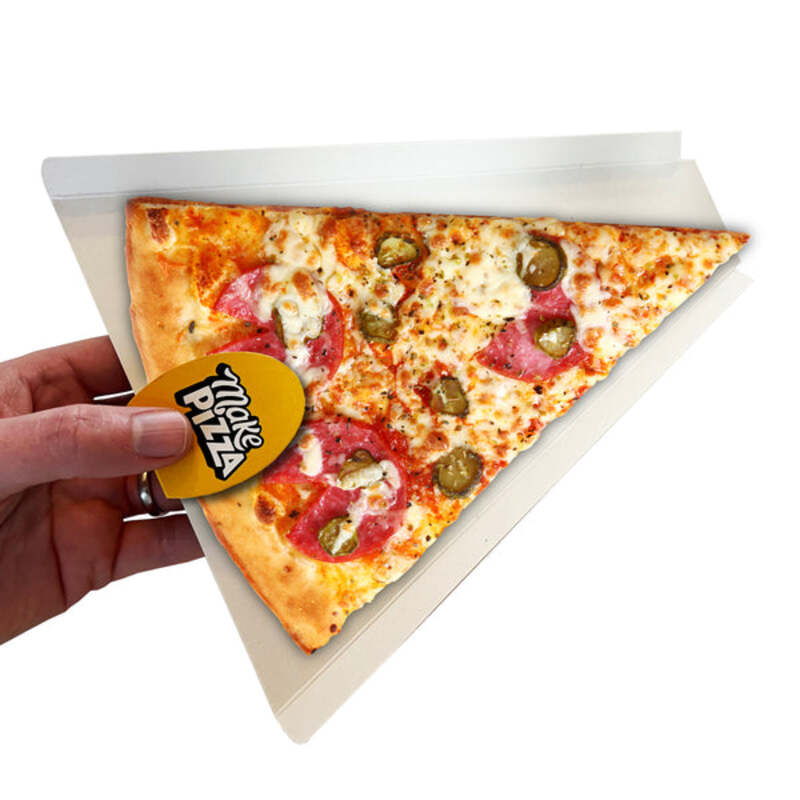

Moreover, many companies are shifting towards customizable and branded meat cartons to enhance their market presence. Reputable companies understand that engaging with experienced graphic designers to produce high-quality packaging can boost brand visibility and consumer trust. This aspect of marketing, albeit often overlooked, transforms a functional packaging component into a brand ambassador. Traceability, a growing demand in the food industry, requires cartons to integrate tracking codes or RFID tags to monitor the movement of meat along the supply chain. Having robust tracking features within your packaging not only ensures compliance with food safety standards but also elevates the credibility of your brand, a necessity in commanding market authority. To cater to the increasing requirement for sustainability, environmentally sustainable meat cartons have become pivotal. Farm-to-table services and eco-conscious retailers necessitate packing solutions that are not only robust and reliable but also contribute to lowering environmental footprints. Organizations that integrate sustainable practices in their packaging by adopting biodegradable or recyclable materials, while ensuring uncompromised performance, are perceived as responsible brands worthy of trust. Investing in quality assurance programs when selecting meat cartons is imperative. Frequent audits and testing for potential flaws — like water absorption rates, impact resistance, and temperature resilience — decrease the likelihood of spoilage and recalls. Establishing transparent relationships with reputable suppliers further fortifies the reliability of these cartons. Ultimately, the authority of an industry professional stems from a deep and ongoing understanding of market needs and evolving trends. The focus should also be on enhancing your expertise by keeping abreast of technological advancements like smart packaging tech that can predict spoilage or send alerts when temperature thresholds are crossed. In the competitive landscape of food transportation, establishing credibility and trust begins with the assurance that every step, from packaging design to delivery, is meticulously planned and executed. Companies that prioritize these facets see marked improvements not only in operational efficiency and waste reduction but also in their consumer base's loyalty and trust.



